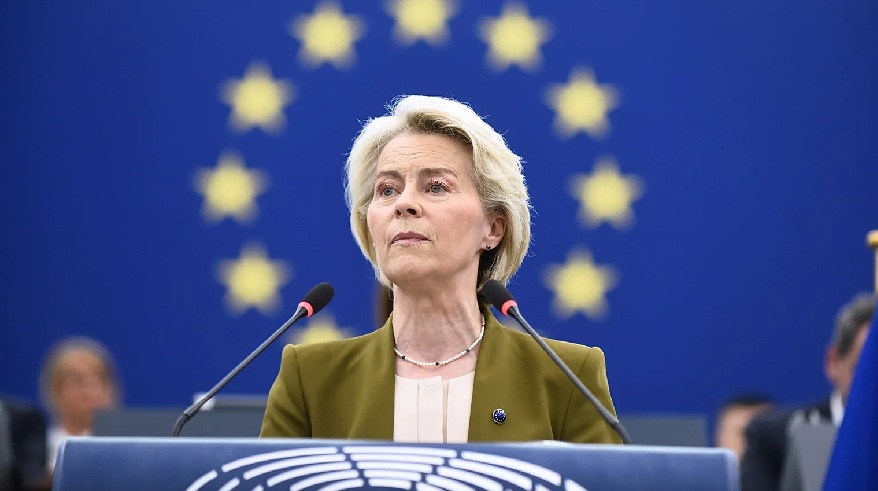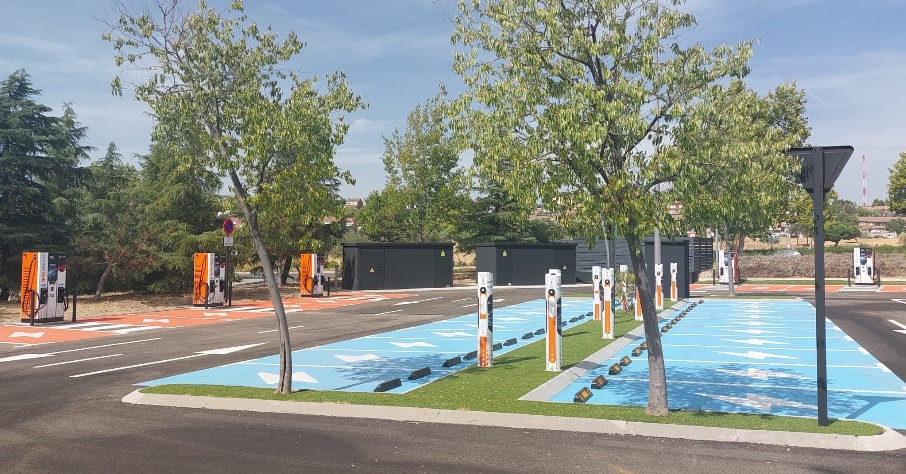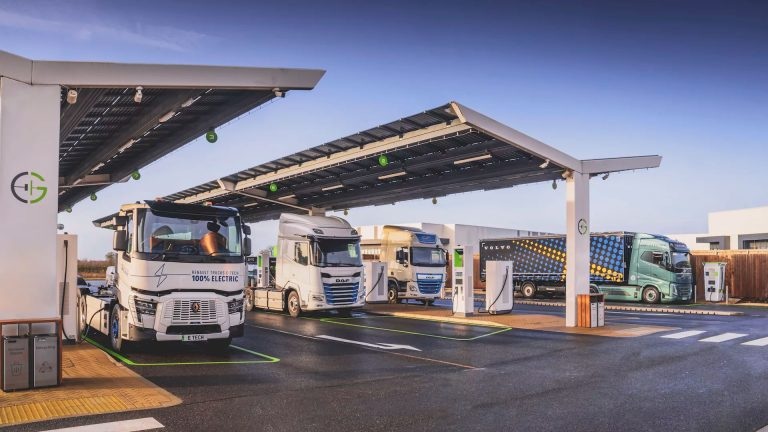President of the European Commission, Ursula von der Leyen, will meet today, Friday 12 September, with key European stakeholders in the automotive industry to address the current state of the sector and promote measures to safeguard its future.
This meeting is part of the Strategic Dialogue on the Future of the Automotive Industry, launched by the European Commission in January this year. The aim is to involve industry stakeholders, social partners, and other interested parties in collaboratively understanding the challenges, developing solutions, and adopting concrete actions.
The automotive industry, a cornerstone of the European economy, employs more than 13 million people and accounts for approximately 7% of the EU’s GDP.
However, this critical sector is undergoing a period of profound transformation, driven by digitalisation, decarbonisation, increasing competition, and a shifting geopolitical landscape.
Friday’s meeting will bring together European manufacturers with a common position, primarily focused on the need to review some of the regulatory measures put forward by Brussels, such as the ban on the sale of internal combustion engine vehicles from 2035.
The European Automobile Manufacturers’ Association (ACEA) has called for a pragmatic policy shift that enables the achievement of automotive decarbonisation goals.
“The meeting should lay the groundwork for a pragmatic, more flexible, and technology-neutral policy approach to road transport decarbonisation,” said Sigrid de Vries, Director General of ACEA.
Among other demands, manufacturers will urge the European Union (EU) to develop three separate policy tracks, with specific measures for passenger cars, vans, and heavy-duty vehicles, allowing each of these markets to progressively and appropriately align with the decarbonisation targets set out in EU legislation.
This week has also seen several statements from senior European automotive executives regarding this dialogue.
For instance, Stellantis CEO Antonio Filosa has reflected on the possibility of the EU introducing certain flexibilities in implementing the 2035 carbon dioxide emissions targets, which he considers “frankly unachievable.”
Another key issue concerns European battery production, for which significant backing from the EU is expected in order to prevent the continent from becoming entirely dependent on China.
“This is a matter of resilience and reducing dependencies. We want to protect the industry in terms of its ability to grow without being wholly reliant on Asia,” said Jean-Philippe Imparato, Chief Operating Officer of Stellantis in Europe, earlier this week.
“We must support the battery industry in Europe, or else we will be dependent solely on China,” he added.
READ MORE
-
Monta CEO reveals strategy: “We aim to run the entire charging network autonomously with AI”
Several companies are investing in creating platforms for human teams to manage EV charging. But Monta argues that this model does not scale—it is costly, slow, and prone to errors. Why should full automation with AI be the way forward?
-
Hellonext supplies charging equipment for the largest EV hub in the Iberian Peninsula
The facility, developed by Galp and BMW Group at Intu Xanadú (Madrid), features 116 charging points and a total capacity of over 3.6 MW.
-
GRIDSERVE begins building its first public electric HGV charging hubs
These new locations form the foundation of the Electric Freightway – a nationwide programme designed to give fleet operators access to high-power public charging designed specifically for electric HGVs.










